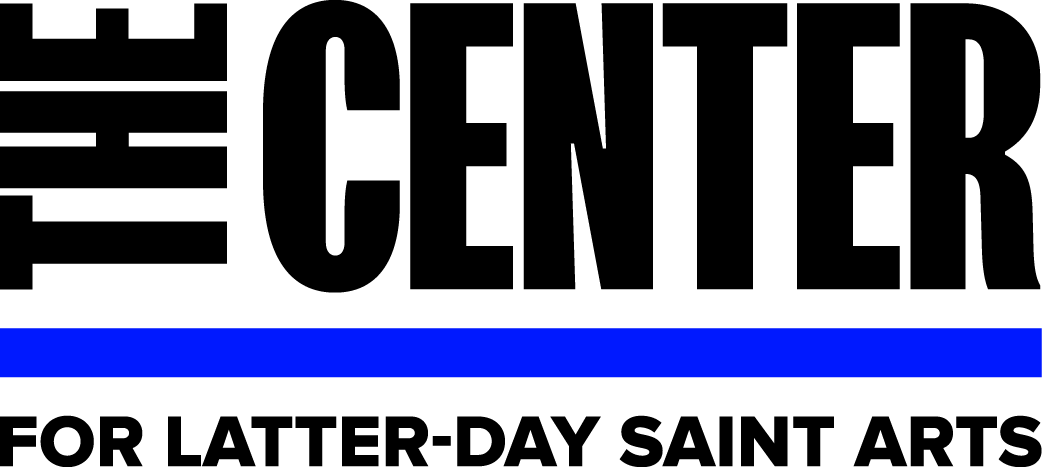August 5-11: Alma 39-42
The Great Plan of Happiness
Justin Wheatley (American)
Faith Beyond Doubt (2023)
acrylic on panel, 24 x 12 inches
Used with permission of the artist
In Alma 39, we are warned not to be led away by riches and vain things. The verses that follow describe the mysteries of God, resurrection, mercy, repentance, restoration, and the wisdom of an all-knowing Heavenly Father. The imagery of these words is reflected in artist Justin Wheatley’s depictions of faith.
Of his painting, Wheatley writes, "Faith Beyond Doubt is part of a series of paintings about how our relationship with our Savior can get us through any difficulties we face. "
Discussion Questions:
The chapters for this week's study are Alma's counsel to his son Corianton, a son who Alma might describe as the naughty one. When encouraging him to "repent and forsake your sins," he tells him to "cross yourself in all these things" (Alma 39:9). What do you think he means in admonishing him to "cross himself"? How does the imagery of this idea reflect on the Atonement?
Alma explains to Corianton that as he treats others with mercy, deals with them justly, and does good, the same will be returned to him (Alma 41:14-15). How does an understanding that how you treat others is how you will ultimately be rewarded impact the way you interact with them?
As Alma describes the resurrection to Corianton, he speaks of a "mystery" of God (Alma 40:3). In looking to understand the concept, Alma "inquired diligently of God that I might know" (Alma 40:3). In his description of the resurrection, at several points regarding unknown (or not yet understood) details, he says, "it mattereth not; for God knoweth all these things" (Alma 40:5; see also verses 8, 20-21). How does Alma's example of wrestling with a mystery of God give insight into how to manage the details?
Questions for Youth & Children:
Alma says "ye cannot hide your crimes from God" (Alma 29:8). How does this relate to repentance?
Alma teaches that what you "send out shall return unto you again, and be restored" (Alma 41:15). What do you think this means with regard to how you treat others and the attitude you "send out"?
Art project: give everyone in your family or study group a mirror. Looking at your reflection, draw your face, focusing on the features that you like the most about yourself, both in your appearance and in your character. Explain your self portrait to the others in your group. How does your drawing reflect Alma's teaching: "...thus they stand or fall; for behold, they are their own judges..." (Alma 41:7)?

